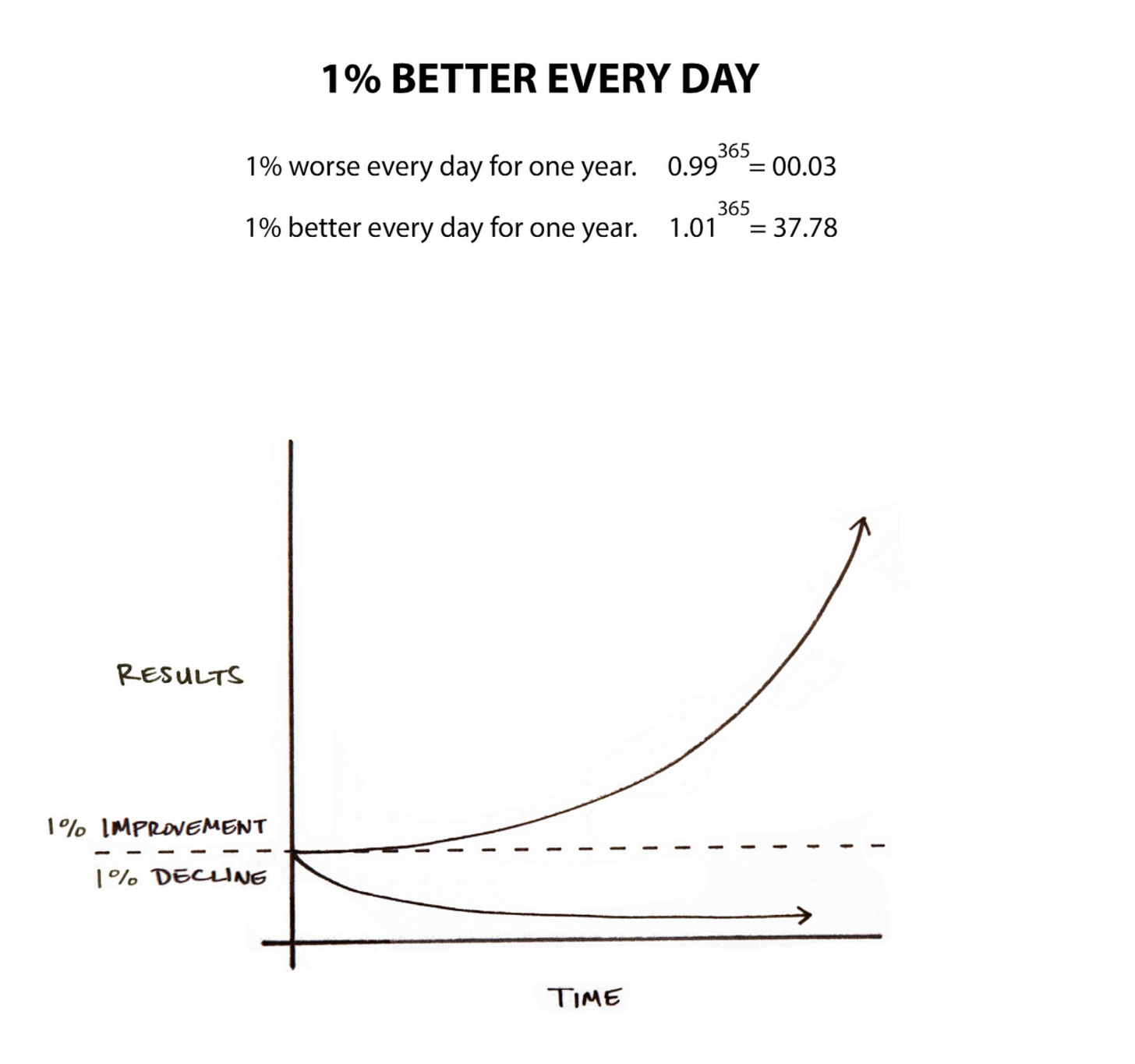Reflection Journal - How to Run your Life in Debug-Mode
“Experience is the best teacher” - that’s simply not true.
I’m going to steal a few lines from John Maxwell. These lines hit me like a brick in face.
“Maturity doesn’t always come with time; sometimes age brings nothing more than wrinkles and grey hair. We’ve all heard, “Experience is the best teacher”, but that’s simply not true. It’s Evaluated Experience that is the best teacher.”
- John Maxwell
This made me realize learning without introspection is not learning at all. I had assumed as I go about experimenting new things in life, the learning will come automatically. I thought it was a natural outcome of going through life trying out new things.
I couldn’t have been more wrong.
In last decade, I’ve experimented with many things. Both in my work and personal life. Some of them worked. A lot of them didn’t. But when I look back, I’m not sure how much of a learning I had from those experiences. I know few things at the back of my head. But now I know there’s much more that I could’ve taken out from that time. I can barely remember details from a week ago. Let alone something that happened few years ago.
Sometimes, maturity does only bring grey hair.
Evaluate your experience
I had been doing Yearly Reviews for few years now. I’ve written about it in detail in my previous articles. They are a form of introspection. At the minimum, doing the review yearly is better than not doing at all.
But things are dynamic in the knowledge work. They change everyday. So doing a review yearly misses out on a lot of small stuff. Stuff that improves our lives in a big way. Remember the 1% improvement graph?
You can get 37 times improvement in just a year. Becoming 1% better everyday is not just about learning new things. It’s also about running your life in “debugging” mode. Feedback loops are essential for a system that you want to improve. So not doing a review until 12 months isn’t efficient.
I do my reviews every week now.
Reflection Journal
For my weekly review, I write down Reflection Journal for the things that happened that week. It’s a narrowed down version of the Yearly Review.
This is what the format looks like. It has only two questions -
What happened?
What did you learn from that experience?
I write journal entries for all the highlights (and lowlights) of the week. Anything that I want to reflect on goes in the Reflection Journal. I’m flexible about it. It’s better to reflect more than not do it enough. Every week, there are couple of entries. I do it for both work and personal events.
I optimize for frequent reflection, than going deep in one. I don’t write long pages of my thoughts. A journal entry tend to be less than half a page. I don’t worry about the language or formatting. It’s for personal use only.
My target is to make this a habit. The focus is on consistency.
Here’s how I go about writing an entry -
What happened?
Answer to this question is only couple of lines. I briefly write down what happened, what I’m reflecting on. I don’t give it a lot of background.
Writing something down anyways helps remember things better. So a couple of lines is enough to describe an event, or recall in future. More importantly, it’s the second question I want to emphasize on.
What did you learn from that experience?
Here I describe what I would like to tell my future-self. I write what tips I would gather for myself from this experience. It’s a dump of my thoughts and learnings. I don’t write facts in this section.
Answer to this question usually spans couple of paragraphs. The theme is note to self. I don’t go too deep in why I think what I think. Because it’s learning that’s important, not my explanation of it.
I’ve set a weekly reminder to write Decision Journal and Reflection Journal in my GTD framework. That way I don’t have to constantly remember to do this. It’s a weekly task that I do whenever that reminder pops up.


